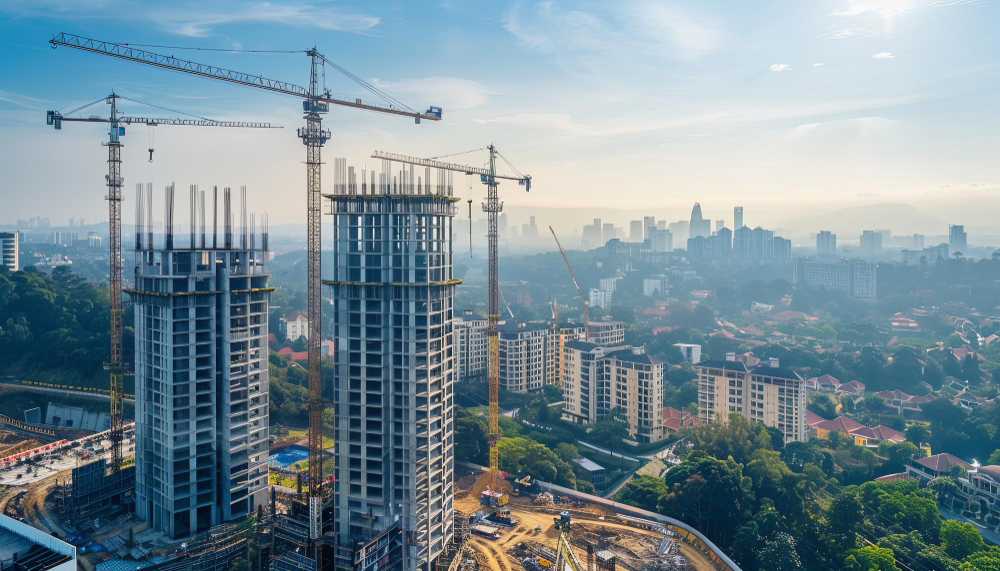Best Residential Localities in Lucknow to Buy a Home in 2025
2025-06-02 02:55:07

The real estate sector has become the second-largest contributor to Qualified Institutional Placements (QIP) in India after renewable energy, with developers raising approximately Rs 12,801 crore in the first nine months of 2024.
According to Anuj Puri, Chairman of ANAROCK Group, an analysis of data from listed developers on the National Stock Exchange (NSE) reveals that by Q3 2024, real estate accounted for over 17 percent of total QIP issuance across sectors, or Rs 12,801 crore out of a total Rs 75,923 crore raised. Renewable energy led the QIP fundraising with 19 percent (Rs 14,425 crore), followed by sectors like Metals (15 percent), Automotive and Transport (10 percent), Manufacturing (9 percent), IT/ITES (7 percent), Banks (5 percent), Oil and Gas (4 percent), Construction and Engineering (3 percent), and Others (10 percent).
QIPs allow publicly traded companies to raise capital by offering equity or equity-convertible securities to pre-approved institutional investors.
"This robust QIP activity reflects the pivotal role of real estate in India’s capital markets, along with rising institutional confidence in Indian real estate," Puri noted. Additionally, post-pandemic housing demand has spurred developers to raise funds via Initial Public Offerings (IPOs) to finance new projects across different regions.
Since 2021, six realty firms collectively raised Rs 5,275 crore through IPOs, with Macrotech Developers (Lodha Group) alone raising nearly Rs 2,500 crore. Other firms include Signature Global (Rs 730 crore), Keystone (Rs 635 crore), Sriram Properties (Rs 600 crore), Arkade Developers (Rs 410 crore), and Suraj Estate (Rs 400 crore).
**Key Drivers of IPO and QIP Growth**
Experts attribute the surge in QIPs and IPOs to robust housing sales growth, a post-pandemic recovery, and greater transparency within the sector. Since 2020, the real estate market has rebounded significantly, led by Grade A developers. Demand for high-quality residential projects has spiked, and developers are responding with new launches to meet this demand.
Following the pandemic, leading listed developers expanded inventory to match growing market demand. ANAROCK research shows that over 13.62 lakh units were launched in the top seven cities from 2021 to September 2024, with housing sales in these cities reaching about 14.36 lakh units in the same period.
As of the first nine months of 2024, residential sales value reached Rs 4.2 lakh crore—a 22.6 percent increase from the previous year and a 115 percent jump from 2021, according to ANAROCK Research. This increase in sales value has improved cash flow for developers, enabling them to take on new projects and further boosting investor confidence.
"Developers are increasingly turning to IPOs and QIPs to fund their aggressive expansion plans. This success underscores the sector’s enduring appeal for both retail and institutional investors. We anticipate investor engagement to grow significantly in the coming years," Puri added.
All images on www.ecogramcity.com are artistic impressions and may differ from the actual project. Prices and payment plans are subject to change without prior notice. This website is a promotional tool and does not constitute an offer or contract. Information provided is subject to change without notice. Verify all details with our sales team before making any purchase decisions. This website and its content are for guidance only and are subject to revision. Your use of this website is at your own risk.